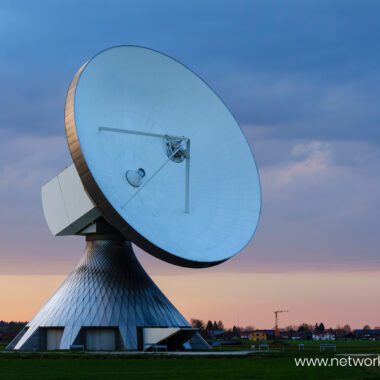When everything is on the line and calls are coming in, clients are waiting, and transactions are in motion, the last thing you can afford is an unexpected system crash.
Yet for many businesses, that is exactly what happens.
It starts with a simple delay. A screen freezes. Emails stop sending. Systems go offline. And before you know it, your team is stuck, your customers are frustrated, and you’re watching revenue slip away by the minute.
Sound familiar?
You’re not alone.
Thousands of businesses experience tech failures right when it hurts the most, during peak business hours. The chaos it causes is more than a nuisance. It is a serious risk that can damage your reputation, cost you clients, and shake your confidence in your operations.
But it does not have to be this way.
Let’s explore how to protect your business from these costly disruptions with the kind of proactive IT support that keeps everything running smoothly no matter what time of day it is.
The Real Cost of an IT Crash
A sudden IT failure is not just about lost time. It can impact every part of your business:
- Missed client calls
- Broken payment systems
- Halted customer service
- Frustrated staff and unhappy clients
- Data loss or exposure
And here is the truth. Most of these crashes can be prevented.
They happen because the systems in place are reactive, outdated, or not tailored to the needs of your business.
If your current support waits for problems to arise before responding, you are taking a daily risk that could lead to serious consequences.
Why Most Businesses Are Unprepared
You may believe your systems are working fine.
But when was the last time you tested your backups? Checked your hardware for early signs of failure? Audited your network or software for vulnerabilities?
In many businesses, these steps do not happen until something breaks.
This puts you in a dangerous position during your busiest hours. Without fast and reliable company IT support in London, recovery can be slow and frustrating.
Here is the reality. If you do not have a plan for an IT emergency, you are already behind.
What a Bulletproof IT Setup Actually Looks Like
Preventing IT crashes is not about luck. It is about building systems that can handle pressure and protect your business.
Here is what that looks like in real terms:
- Proactive Monitoring
Round-the-clock monitoring allows early detection of potential problems. A server at high capacity? You will know before it crashes.
- Automated Backups
Scheduled backups ensure your critical data is protected even if something goes wrong.
- Scalable Systems
Your technology should grow as your business grows. It should not break when demand increases.
- Local Support You Can Reach Instantly
Working with dedicated computer IT support in London gives you access to quick, effective help when you need it most.
- Regular Health Checks
Routine maintenance reduces surprises and keeps everything running efficiently.
This kind of setup does not just reduce downtime. It builds confidence and gives you peace of mind.
A True Story from the Front Line
A retail business once experienced frequent slowdowns during its busiest hours. Payment systems would freeze. Staff had to reboot computers. Customers grew impatient. Managers had no idea what was causing the issue.
After switching to a managed service that offered proactive maintenance and constant monitoring, the slowdowns stopped. The team discovered an outdated network switch was the root of the problem. The previous provider had never checked for it.
Since making the change, they have doubled their client base and handled more transactions than ever before, all without a single crash.
That is not luck. That is preparation.
Do Not Wait for a Crash to Take Control
You do not need to become a tech expert. But you do need a reliable support team that understands how important uptime is for your business.
A dependable provider of company IT support in London will do more than respond to problems. They will prevent them by monitoring your systems, running updates, and making sure your infrastructure can handle demand.
Now ask yourself this:
If your systems failed on a Monday morning during your busiest hour, would you have the right support to fix it quickly?
If the answer is no, the best time to act is before the next crash happens.












